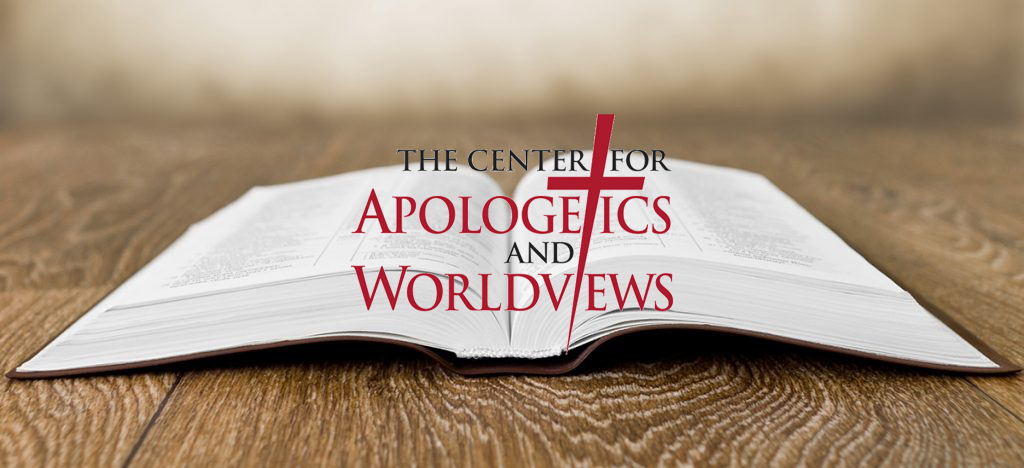This article comes from The Center of Apologetics and Worldviews at Bethany Lutheran College. It is from a series entitled “Q&A Leading to Christ.”

Liberal theologians and secular professors foster doubts that Moses (or any singular person) wrote the first five books of the Bible. But, consider:
1. The word “Pentateuch” describes a singular work. You can probably name the first five books of the Bible without any trouble. Jews have always referred to these five books as the “Torah”: a singular noun, typically translated as “law.” Another name for these books is “Pentateuch,” which is Greek. Like “Torah,” it is a singular noun; “penta-“ recognizes that there are five parts making up the whole.
“Pentateuch” means “the five-volume book.” The first five books of the Bible are not a crazy quilt, stitched together from scraps. While that has become the “scholarly” way of looking at them, they are, in fact, one complete, seamless work.
2. This singular work was written by a single person: one real, flesh-and-blood human being—with a name. No one today would deny that one person is capable of writing a series of books. No one would deny the author’s name or existence, either. Why shouldn’t this same courtesy apply to Moses?
This question shows that the tradition of Moses writing the first five books of the Bible is still alive despite the “crazy quilt theory.” Around the world, several Bible translations still list “First Moses” through “Fifth Moses” instead of “Genesis–Deuteronomy” in their tables of contents.
More important than what tradition says about who wrote these books is what the Bible itself says. The Bible consistently calls its first five books the “Law of Moses.” The Bible also makes it clear that “Moses” is not just a title, or an “it,” but a person:
For from ancient generations Moses has had in every city those who proclaim him, for he is read every Sabbath in the synagogues. (Acts 15:21)
In the New Testament, those who worked for the Church and those who worked against the Church agreed that Moses personally wrote the Pentateuch. St. Paul referred to the “Law of Moses” in his sermons and epistles (Acts 28:23; Romans 10:5; 1 Corinthians 9:9). St. Stephen was accused of speaking “blasphemous words against Moses and God”; specifically, that “Jesus of Nazareth will destroy this place and will change the customs that Moses delivered to us” (Acts 6:11,14; see also: John 8:5, 9:28–29).
Compare that “bad news” with the good news St. Philip brought to his friend:
Philip found Nathanael and told him, “We have found the one Moses wrote about in the Law, and about whom the prophets also wrote—Jesus of Nazareth, the son of Joseph.” (John 1:45)
Philip’s words and actions reveal the most important reason why you should be thankful for this question.
3. This question leads to Christ, who answers, “Yes.” Jesus is the final authority on the authorship of the Pentateuch. Through Him “we have the word of the prophets made more certain” (2 Peter 1:19).
As Teacher, Jesus refers to the “Law of Moses” and even the “Book of Moses” (John 7:23; Mark 12:26). To those who work against Him, He speaks of Moses personally:
There is one who accuses you: Moses, on whom you have set your hope. If you believed Moses, you would believe me; for he wrote of me. (John 5:45b–6; cf. Mark 10:3, Luke 20:37)
The Lord’s message to you is clear: inspired by the Holy Spirit and recorded by Moses, the Pentateuch leads not only to knowledge of Christ, but faith in Christ as your Savior.
The person and work of Moses is fulfilled in the person and work of Jesus Christ, the greater Prophet, who personally redeemed and delivered God’s people from the bondage of sin.
For the law was given through Moses; grace and truth came through Jesus Christ. (John 1:17)
Rev. Christian Eisenbeis is pastor at First Trinity Lutheran Church, Marinette, Wisconsin.
Learn More:
www.els.org/apologetics

Leave a Reply